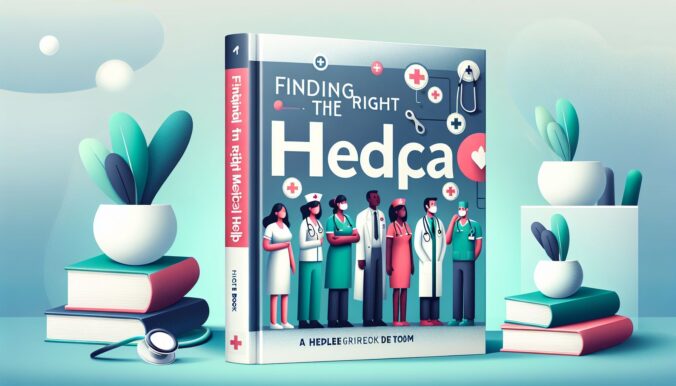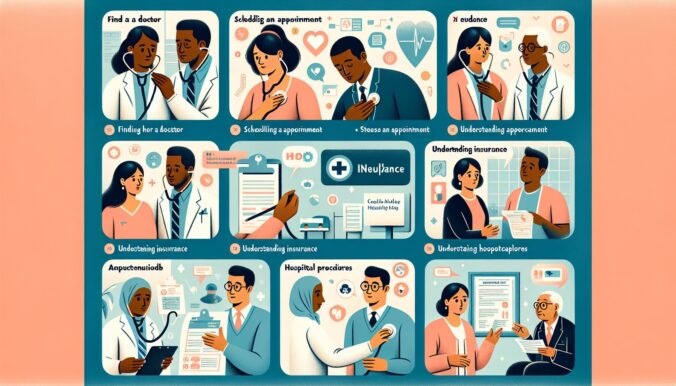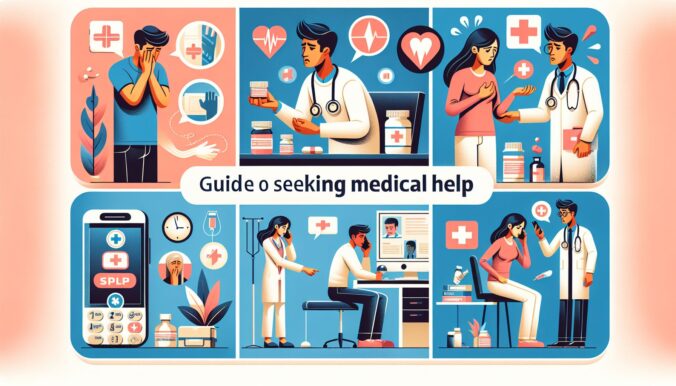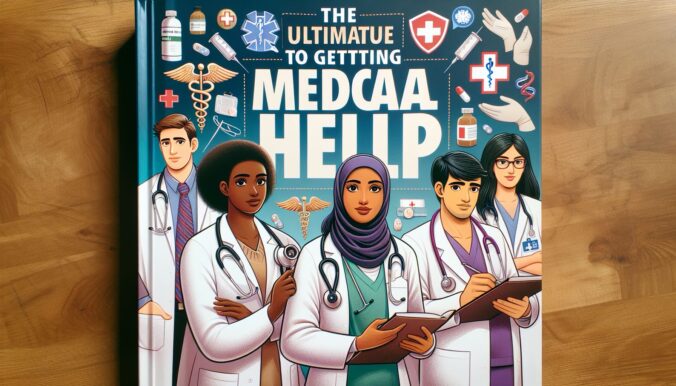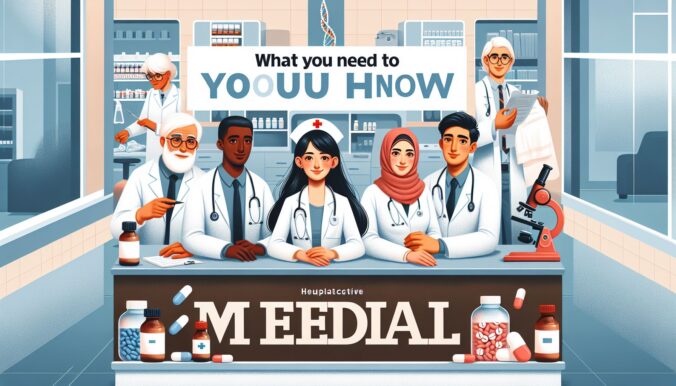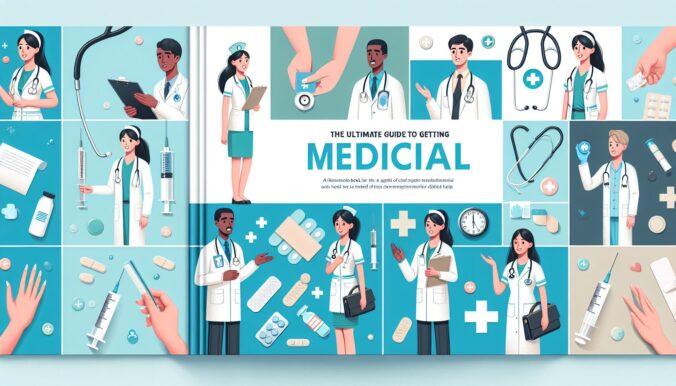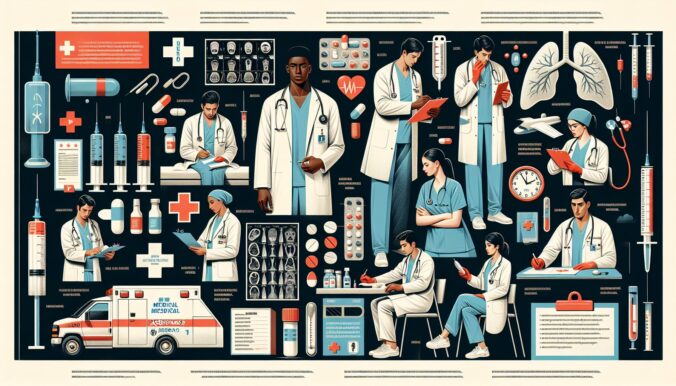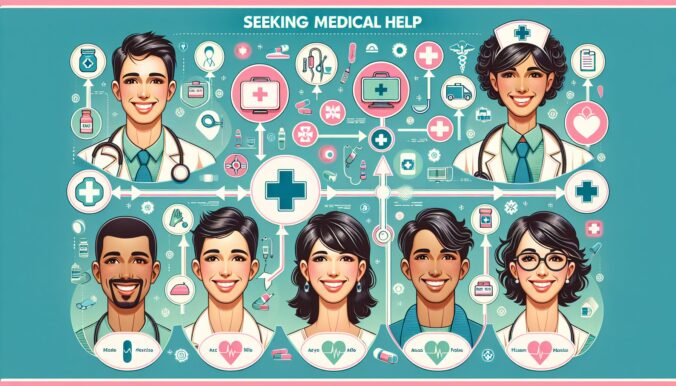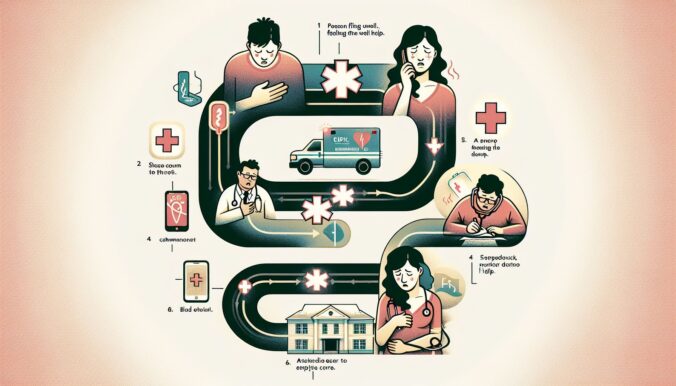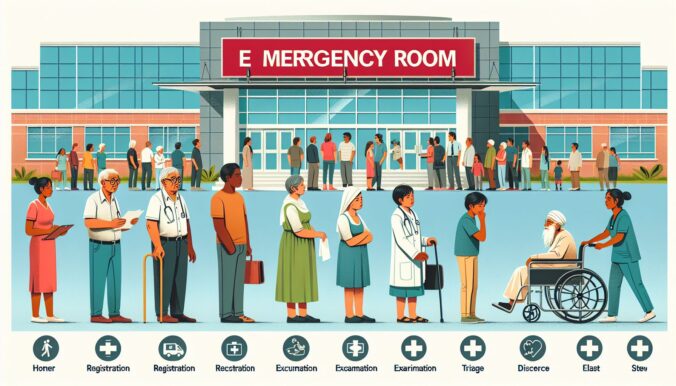The field of Gastroenterology has long been reliant on traditional methods of diagnosis and treatment. With the advent of new technologies such as artificial intelligence (AI), this has changed over recent years. AI is now being used in Gastroenterology to help with the diagnosis and treatment of diseases, as well as to improve patient outcomes. In this article, we will explore how AI is being used in Gastroenterology and how it is improving diagnostics and treatment.
Challenges in Gastroenterology
Gastroenterology is a complex medical field that requires the accurate diagnosis and treatment of gastrointestinal (GI) disorders and diseases. Traditional methods of diagnosis, such as physical exams and imaging tests, are effective but can be time-consuming and costly. This can be especially true in the case of GI diseases that are difficult to diagnose, such as Crohn’s disease, ulcerative colitis, and irritable bowel syndrome.
Treatments for GI diseases can also be time-consuming and costly. Treatment plans can often require multiple medications and ongoing monitoring, as well as lifestyle changes. In addition, many GI disorders become chronic, meaning that long-term treatment is required. This can be a challenge for physicians, who must manage numerous patients with varying conditions, treatments and time constraints.
How AI is Helping in Gastroenterology
AI is an increasingly popular tool in Gastroenterology. AI technology can provide insights and information beyond what traditional methods can offer, helping to streamline the diagnosis and treatment process. This is especially important in cases where traditional methods of diagnosis fail to provide clear answers. AI can help to assess factors such as the patient’s symptoms, lifestyle, and risk factors, as well as their response to treatments.
AI can also be used to assist with the diagnosis of certain GI diseases. For example, AI algorithms can analyze imaging data such as X-rays, computed tomography (CT) scans, and magnetic resonance imaging (MRI) scans to detect changes in the GI tract that may indicate diseases such as cancer or Crohn’s disease.
AI can also be used for predictive modeling in Gastroenterology. Predictive models allow physicians to anticipate future health outcomes based on a patient’s current and past medical history. These models can provide useful information that can help guide treatment decisions.
AI-Driven Diagnostics and Treatments for Gastroenterology
AI is now being used to provide diagnostics and treatments for GI diseases. For example, AI algorithms can be used to analyze patient data to identify predictors of medical conditions such as inflammatory bowel disease (IBD). This can enable physicians to adjust medications and treatments accordingly, leading to improved patient outcomes.
AI is also being used to develop new medical tools such as endoscopy robots. These robots can accurately identify and remove tumors or polyps in the GI tract with improved speed and accuracy, reducing the risk of patient injury.
AI is also being used to study the efficacy of new drugs for GI diseases. AI algorithms can draw on patient data to assess the effectiveness of a particular drug on a particular condition and provide physicians with useful information about how to best treat their patients.
The Benefits of Using AI in Gastroenterology
AI is proving to be a valuable tool in Gastroenterology that can improve patient outcomes. By streamlining the diagnosis and treatment process, AI can reduce costs and save time. AI can also help to improve the accuracy of diagnoses and reduce the risk of patient injury due to incorrect treatments.
AI is also helping to simplify the monitoring of GI diseases. AI-driven models can provide useful insights about how well a patient is responding to treatment or how their condition is likely to progress. This can help physicians to more effectively tailor treatments for their patients and reduce the risk of relapse or complications.
Conclusion
AI is proving to be an invaluable tool in Gastroenterology that is helping to improve diagnostics and treatment. AI can provide physicians with speedier and more accurate diagnoses, leading to better patient outcomes. AI can also be used to develop new medical tools and study the efficacy of new drugs for GI diseases. AI in Gastroenterology is paving the way for more effective diagnosis and treatment of GI diseases in the future.
